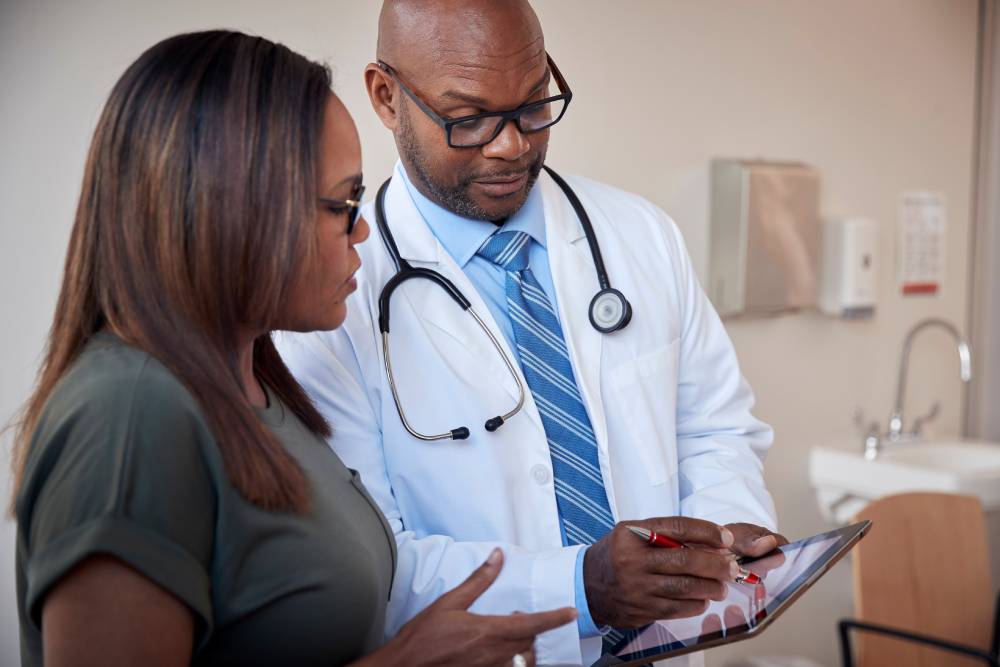
New Research May Have Found at Least Four New Genes Linked with Breast Cancer Risk
Mutations in certain genes can increase your risk of breast cancer. The most common such mutations are in BRCA1 and BRCA2 genes. When functioning properly, they help make proteins that repair damaged DNA. When mutated, they can spur abnormal cell growth. There are also a handful of other less common high-risk gene mutations, including in ATM, CHEK2, and PALB2. Now, new research may have turned up more.
A multi-institution study recently looked at genetic changes in more than 26,000 breast cancer patients across the world, trying to identify other high-risk gene mutations. The fundings, published in the journal Nature Genetics, turned up evidence of at least four. The hope is that the findings help women better understand their risks of developing the disease.

Jacques Simard, co-lead researcher and professor at Université Laval, explains, “Improving genetic counselling for high-risk women will promote shared decision-making regarding risk reduction strategies, screening and determination of treatment options.
“Although most of the variants identified in these new genes are rare, the risks can be significant for women who carry them. For example, alterations in one of the new genes, MAP3K1, appear to give rise to a particularly high risk of breast cancer.”
Other newly discovered high-risk variants were found in LZTR1, ATR, and BARD1. There were several others with suggestive evidence, as well.
The study also involved a control group of more than 217,000 breast cancer-free women, while the data came from eight different countries in Europe and Asia.

The authors say they believe the impact of genetic variations apart from those already known will be small, but further research is needed.
Professor Douglas Easton, co-lead researcher and Director of the Centre for Cancer Genetic Epidemiology at the University of Cambridge, says, “We need additional data to determine more precisely the risks of cancer associated with variants in these genes, to study the characteristics of the tumours, and to understand how these genetic effects combine with other lifestyle factors affecting breast cancer risks.”
In addition to possibly determining other genetic risks, the team says their research shines light on the biological processes behind the development of cancer, which may help with treatments.
According to the American Cancer Society, genetic testing can be done for BRCA1 and BRCA2 mutations, as well as in other less common genes with a more pronounced risk. It may be an option for women already diagnosed with cancer or those with a strong family history. If you’d like to undergo such testing, you should talk to your doctor about the pros and cons.
